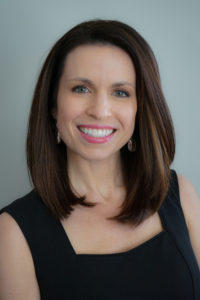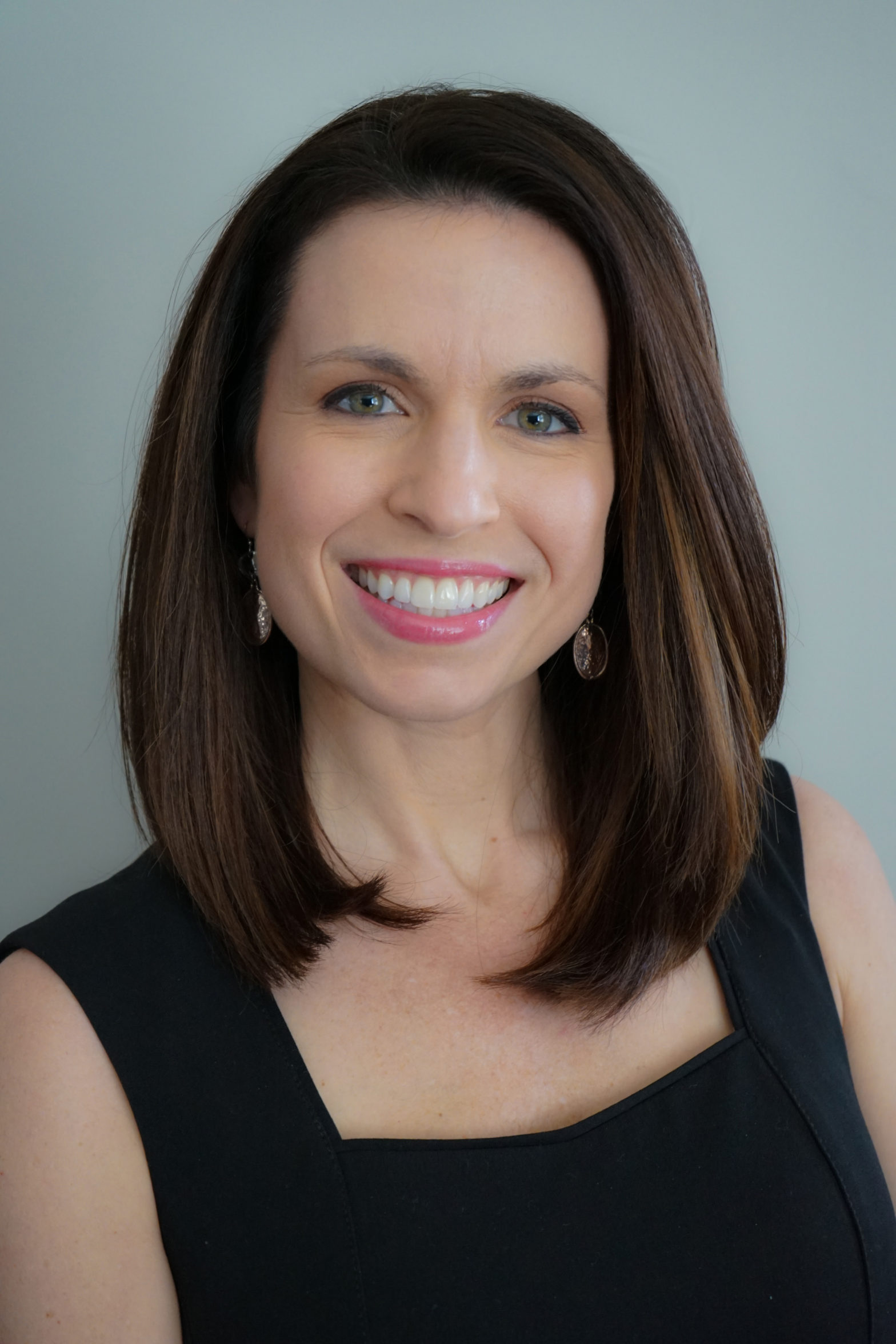
Given the realities of COVID-19, Hope College’s Communication Department hasn’t been able to welcome our new colleague, Dr. Stephanie Pangborn, with our usual fanfare. We are beyond delighted that Dr. Pangborn joined us in Fall 2020, and we are excited to support and showcase her teaching and research at Hope College.
As a way to introduce Dr. Pangborn and her upcoming courses, Dr. Kornfield interviewed Dr. Pangborn for this blog! We hope you enjoy getting to know Dr. Pangborn and we look forward to pandemic-free semesters when we can gather and collaborate together more closely.
1. Can you tell us why you study communication? What got you interested in this area and what keeps you interested?
Studying communication captured my heart and mind because of the ways in which it revealed both responsibility and possibility. Our communication is consequential – from the messages to which we attend to those we put out in this world – our well-being, our relationships, our communities, and our society are made and changed through our communicative acts. My interest only intensifies as I experience this as real in every facet of my daily life.
2. How do you describe your teaching style?
I love teaching! I’d describe my style as relational and experiential – with healthy doses of love and challenge. The design of my courses reflect my belief that life is a continual process of becoming and education is a huge opportunity for growth that should not be taken for granted.
You have a new course opportunity for Hope’s communication students: COMM 295 Health Communication! Who should take a course in Health Communication? What will students focus on in this course?
Health Comm is a course for everyone. Students should sign up for the course if they want to think deeply about how communication shapes our understandings of health, guides our pursuits for living well, and affects our ability to support and care for people whose lives are affected by illness. We will discuss topics ranging from definitions of well-being and interpersonal communication dynamics in healthcare contexts to celebrity health narratives and health advocacy/activism.
4. Tell us about a research project you’re working on that you find energizing.
I dedicated much of my research focus in the past several years to the integration of art and music in a memory care facility. This project hits home hard for me because of my family’s journey following my paternal grandfather’s Alzheimer’s diagnosis. What energizes me most about this area of my research is the possibility of re-painting the picture of Alzheimer’s and related dementias in our society so that people are inspired to see a person and invest in relationship, rather than be fixated on the problems presented by an incurable, progressive illness.
Bonus Question: What’s something you like students to know about you?
Simply, I feel incredibly blessed to be a faculty member at Hope College. My husband (Nic), two sons (Palmer and Hudson), and I are looking forward to spending a long time investing in this community. We love sports, art, outdoor activities, good food, and being social, so be prepared to see a lot of us.


